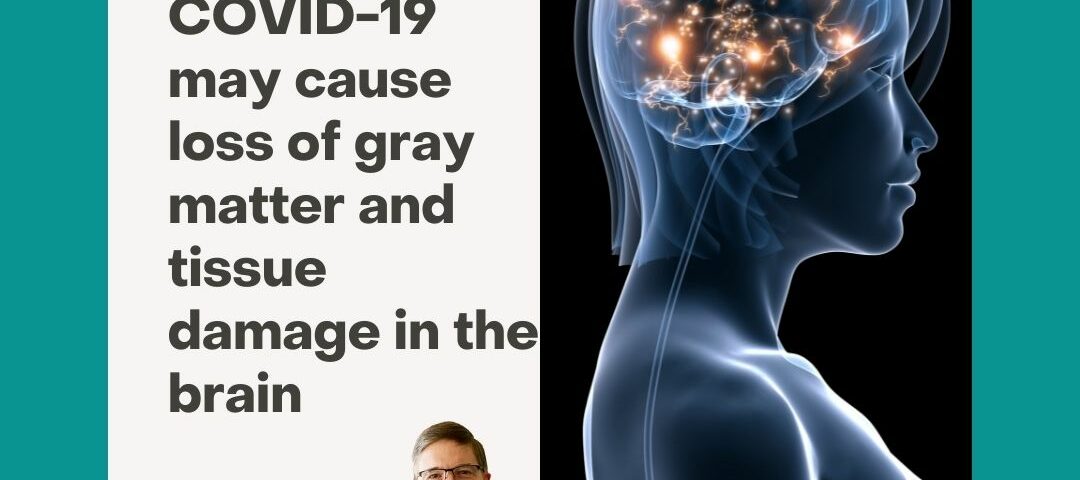
6 Easy Ways to Stay Healthy This St. Patrick’s Day
March 17, 2022
“At First Light” WWII book releases in one month
March 19, 2022The New York Times reports, “COVID-19 may cause greater loss of gray matter and tissue damage in the brain than naturally occurs in people who have not been infected with the virus.”
The report is based upon a large British study that “found shrinkage and tissue damage primarily in brain areas related to the sense of smell.” In addition, “Some of those areas are also involved in other brain functions.”
USA Today reports the study “used before-and-after brain images of 785 British people, ages 51 to 81.”
USA Today adds, “Analysis of the ‘before’ and ‘after’ images from the U.K. Biobank showed that people infected with COVID-19 had a greater reduction in their brain volumes overall and performed worse on cognitive tests than those who had not been infected.”
It’s most disturbing to me that the findings also revealed brain changes among people “who had much milder disease.”
Once again, as we learn more about the potential negative effects of COVID infection, even mild or asymptomatic infection, my hope and prayer is that those who are unvaccinated will reconsider their decision.
The findings were published in Nature.
This blog was accurate as of the day of posting. However, as the COVID-19 pandemic rapidly evolves and the scientific community’s understanding of the novel coronavirus and the COVID vaccine develops, the information above may have changed since it was last updated. While I aim to keep all of my blogs on COVID and the COVID vaccine up to date, please visit online resources provided by the CDC, WHO, and your local public health department to stay informed on the latest news.
© Copyright WLL, INC. 2022. This blog provides a wide variety of general health information only and is not intended to be a substitute for professional medical advice, diagnosis, or treatment from your regular physician. If you are concerned about your health, take what you learn from this blog and meet with your personal doctor to discuss your concerns.



